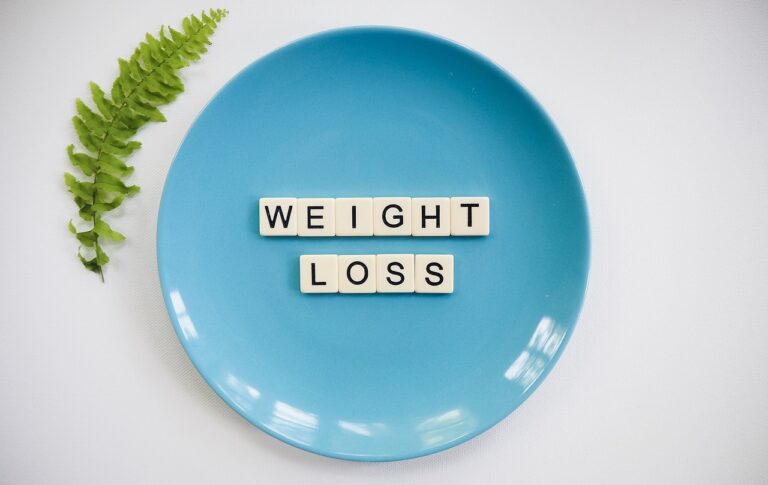The Pros and Cons of Fad Diets: Separating Fact from Fiction
Fad diets often promise quick fixes and drastic results, leading many individuals to jump on the bandwagon in hopes of achieving their desired body shape. However, the reality behind these diets is often far from glamorous. While some fad diets may initially show weight loss results, they are often unsustainable and unhealthy in the long run. Severely restricting certain food groups or drastically cutting calorie intake can have negative impacts on overall health and lead to nutrient deficiencies.
Moreover, fad diets tend to promote an unhealthy relationship with food by labeling certain foods as “good” or “bad,” creating a sense of guilt or restriction. This can contribute to feelings of deprivation and ultimately lead to binge eating or other disordered eating behaviors. Instead of focusing on short-term solutions, it’s essential to adopt a balanced and sustainable approach to nutrition that supports overall health and well-being.
• Fad diets often promise quick fixes and drastic results
• Some fad diets may show initial weight loss results
• Unsustainable and unhealthy in the long run
• Severely restricting food groups can lead to nutrient deficiencies
• Promote unhealthy relationship with food by labeling foods as “good” or “bad”
• Can contribute to feelings of deprivation and binge eating
Fad Diet Defined
Fad diets are characterized by their popularity and temporary nature, often promising quick and drastic results through strict dietary restrictions. These diets typically gain widespread attention through media and social channels, attracting individuals seeking a rapid solution to weight loss or other health goals. While the specifics of fad diets may vary widely, they generally involve extreme changes in food consumption patterns and are not typically supported by scientific evidence.
Common traits of fad diets include the promotion of specific “miracle” foods or elimination of entire food groups, promising to burn fat rapidly without the need for exercise or long-term lifestyle changes. These diets often create a sense of urgency and exclusivity, leading followers to believe that they have unlocked the secret to effortless weight loss or improved health through a specific set of rules. Despite their alluring promises, fad diets are generally unsustainable in the long run and may pose risks to overall health and well-being if followed for an extended period.
Potential Benefits of Fad Diets
Fad diets, despite their controversial nature, often showcase quick initial weight loss results due to their restrictive nature. Many individuals find success in shedding a few pounds rapidly by following these trendy diet protocols. The sense of accomplishment from seeing immediate results can act as a motivating factor to sustain dietary changes in the long term.
Moreover, fad diets can introduce individuals to new ways of eating and cooking, encouraging a healthier relationship with food. Some of these diets prioritize whole, unprocessed foods and emphasize portion control, which can lead to improved overall nutrition and mindfulness around eating habits. Expanding one’s culinary repertoire through experimentation with different fad diet recipes can also make the journey towards healthier eating more enjoyable and sustainable.
What is a fad diet?
A fad diet is a trendy weight loss plan that promises quick results through extreme or restrictive eating patterns.
Are fad diets safe?
While some fad diets may provide short-term weight loss benefits, they may not always be safe or sustainable in the long run. It is important to consult with a healthcare professional before starting any new diet plan.
What are the potential benefits of fad diets?
Some potential benefits of fad diets include jumpstarting weight loss, providing structure and guidance for meal planning, and increasing awareness of food choices and portion sizes.
Can fad diets be effective for long-term weight loss?
While fad diets may lead to initial weight loss success, they are often difficult to maintain over time. It is important to focus on creating healthy, sustainable lifestyle changes for long-term weight management.
How can I determine if a fad diet is right for me?
Before starting a fad diet, consider your personal health goals, preferences, and any potential health risks. It is always recommended to consult with a healthcare professional or registered dietitian for personalized advice and guidance.







